Paderborn (Germany) – Social media is a serious and fast growing phenomenon for creating and maintaining social links. The convergence of social networking and mobile media technology is also shifting the way people communicate, and gain or share information, especially during emergency or crisis situations. For example, during catastrophes throughout the world, like the Loveparade disaster 2010 in Germany or hurricane Sandy 2012, social media has been widely used.
The EmerGent project, which will run for 3 years, will examine the positive and negative impact use of social media in emergency situations involving citizens, emergency service organisations and public authorities. EmerGent will provide guidelines and tools on how to use social media which the emergency service organisations could use during and after emergencies in the future.
EENA is delighted to be a partner in this project and looks forward to contributing to the overall project objectives. The following organisations are members of the project:
- University of Paderborn, C.I.K., Germany (Project Coordinator)
- Intelligence for Environment and Security – IES Solutions, Italy
- Oxford Computer Consultants, UK
- University of Siegen, Germany
- The Tavistock Institute of Human Relations, UK
- Western Norway Research Institute, Norway
- Federation of the European Union Fire Officer Associations, Luxembourg
- European Emergency Number Association, Belgium
- City of Dortmund, Fire Department, Institute of Fire Service and Rescue Technology (IFR), Germany
- Centrum Naukowo-Badawcze Ochrony Przeciwpozarowej im. Jozefa Tuliszkowskiego Panstwowy Instytut Badawczy, Poland
For further information, please check out the project website, Facebook page, or follow us on Twitter (@FP7_Emergent).
NB: This project has received funding from the European Union's Seventh Framework Programme for research, technological development and demonstration under grant agreement no 608352.
